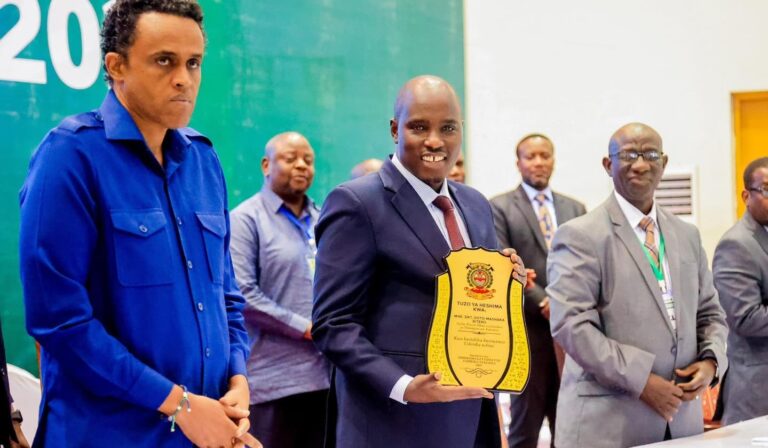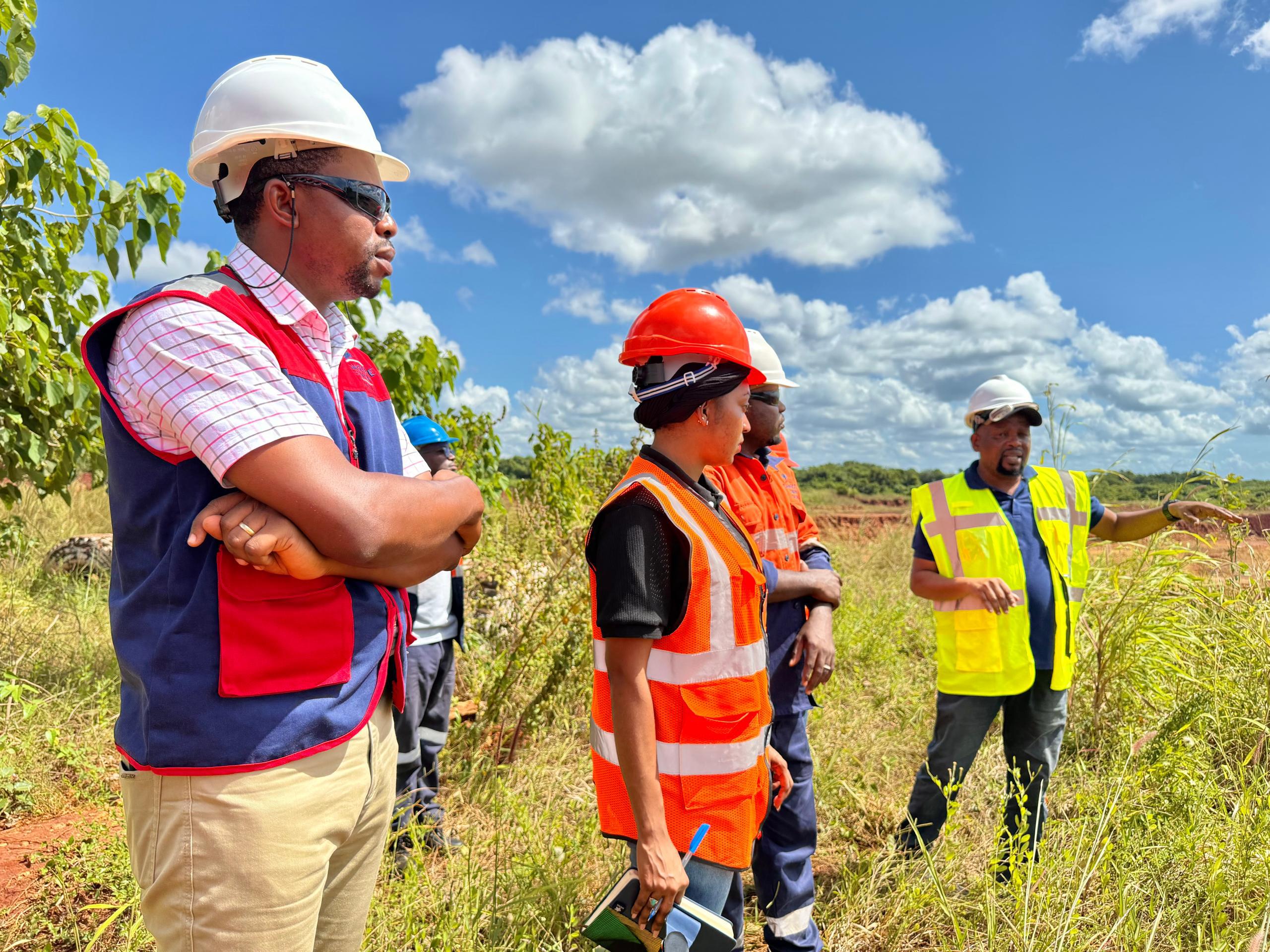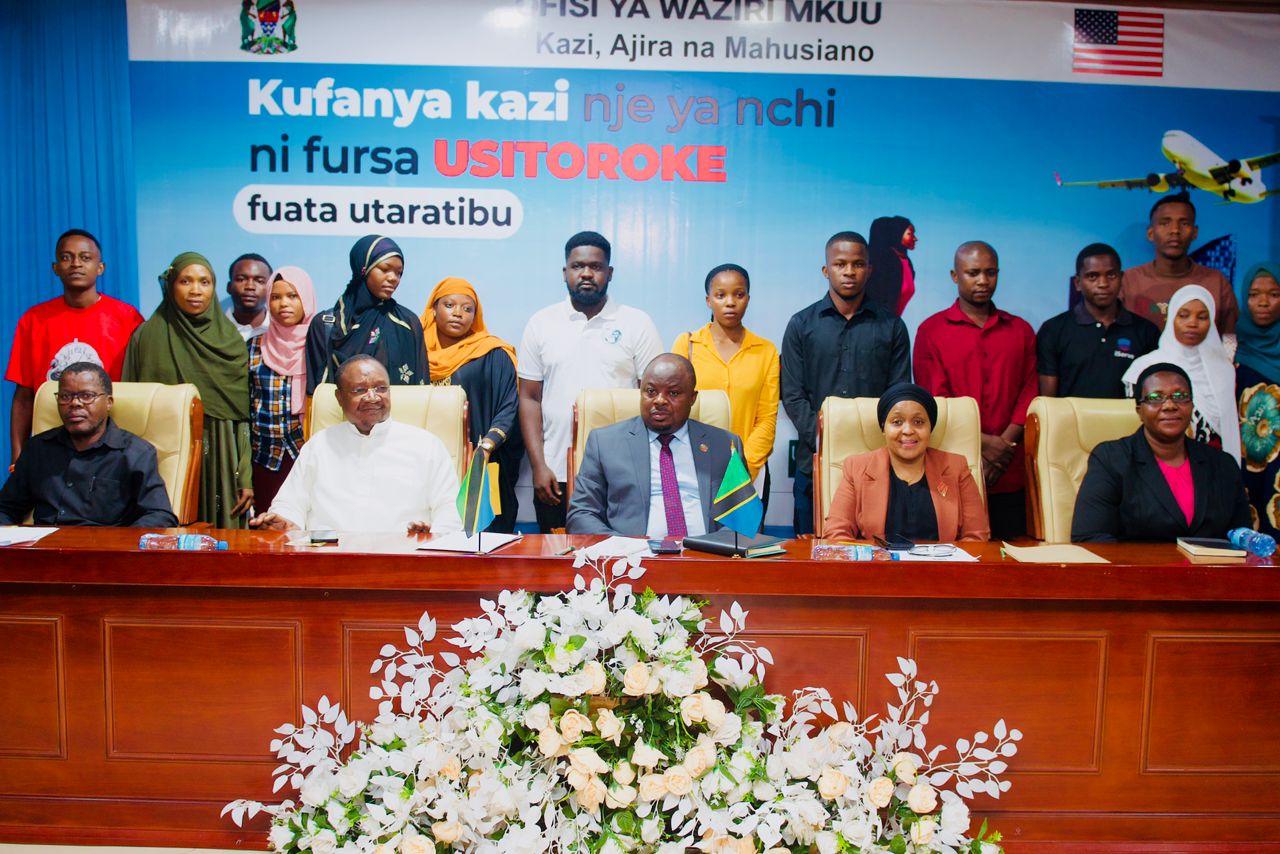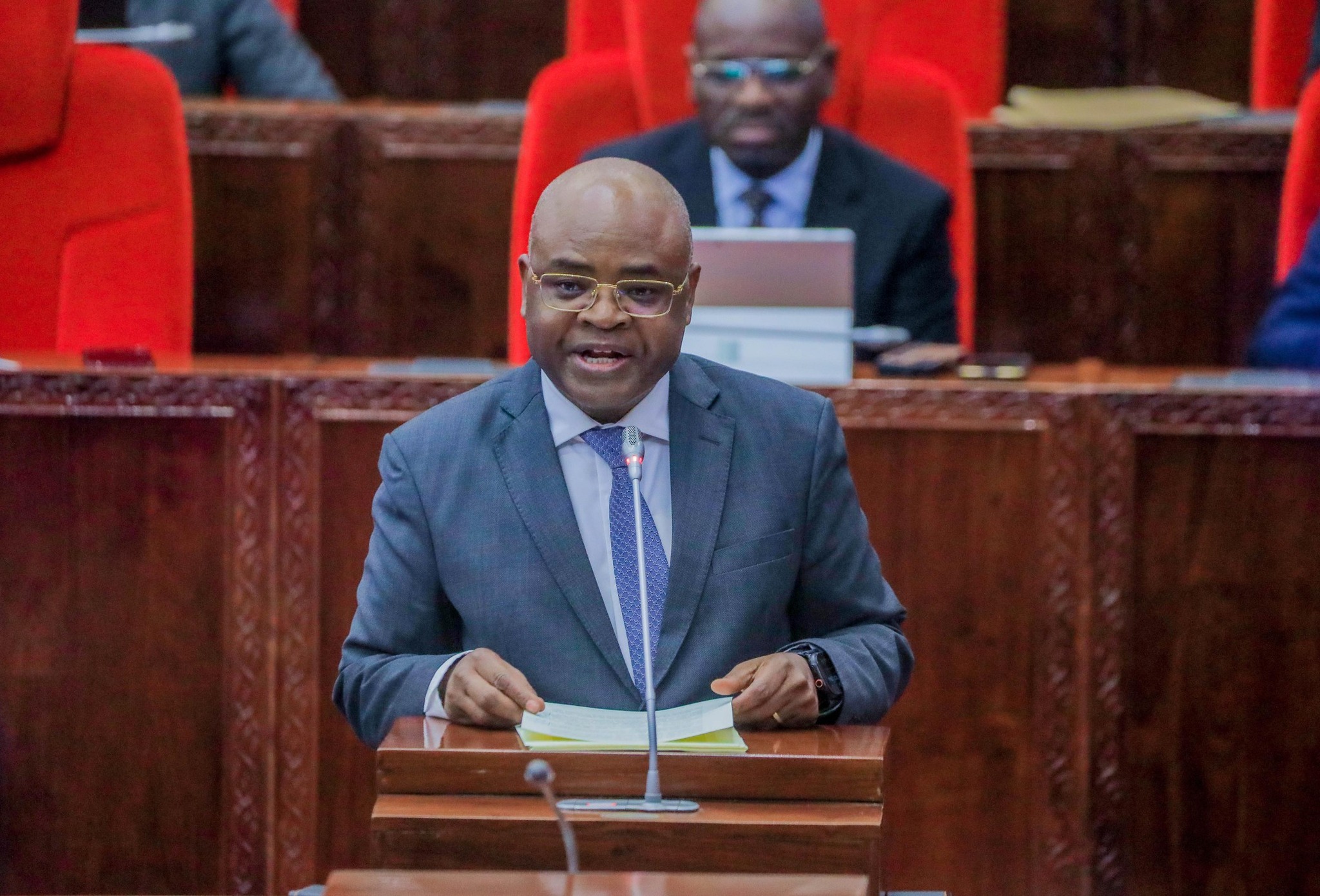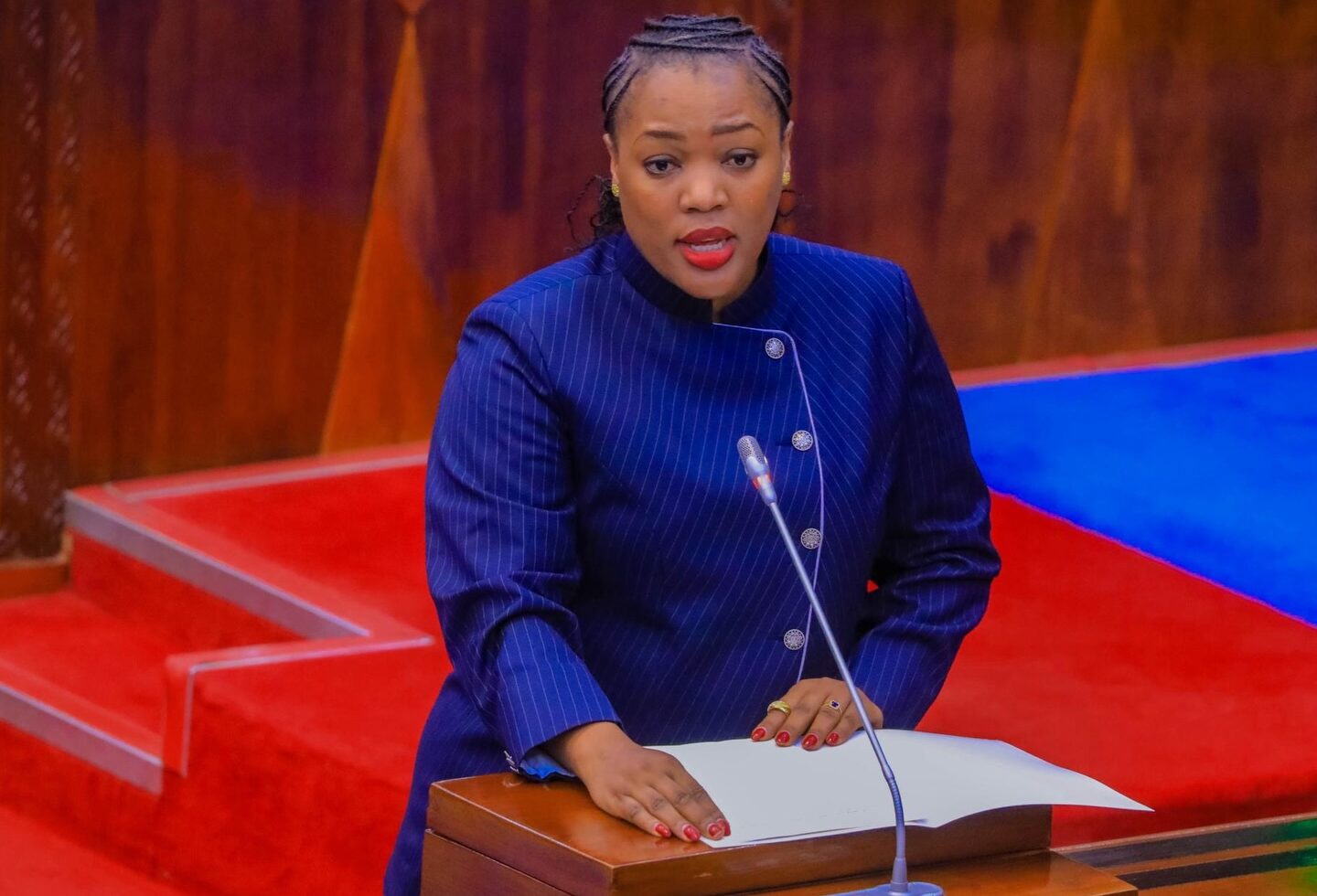Dodoma. Deputy Prime Minister and Minister for Energy, Dr Doto Biteko, has lauded Tanzanian farmers for their pivotal role in ensuring national food security and propelling the country’s economic growth through robust agricultural production.
Speaking on July 5, 2025, during the climax of the International Day of Cooperatives celebrations held in Dodoma, Dr Biteko said agriculture now contributes 26 percent to Tanzania’s Gross Domestic Product (GDP), signifying the sector’s vital importance in transforming livelihoods and guaranteeing national stability.
“Today, agriculture is a key contributor to our country’s economy. We are talking about a 26 percent contribution to GDP and about crops that assure us of food security. While other countries struggle to secure food, our people are accessing food in markets because farmers have been empowered to engage in commercial agriculture,” he said.
Dr Biteko cited increased export earnings as another measure of progress in the sector, noting that in the 2024/25 season, a total of 1,084 cooperative societies exported coffee and tobacco worth $344.8 million, up from $325.5 million the previous season—a rise of $19.3 million.
Dr Biteko also highlighted improved accountability and performance among cooperative societies.
He revealed that the number of societies with clean audit reports issued by the Cooperative Audit and Supervision Corporation (COASCO) rose from 339 in 2021/22 to 631 in 2023/24, representing an 86.13 percent increase.
Conversely, those with unsatisfactory audits dropped from 1,198 to 263 in the same period—a 78 percent decline.
He called on cooperatives to deliberately empower women, urging the formulation of strategic interventions to raise the number of women-led cooperatives from the current 50.
Despite the gains, Dr Biteko instructed the Ministries of Finance and Agriculture to resolve outstanding challenges around crop pricing, input supply, and the overall viability of farming.
He stressed that agricultural productivity must go hand in hand with fair remuneration for farmers.
“The Sixth Phase Government recognises that cooperatives are a critical vehicle through which citizens can pool their resources and uplift themselves economically. The government will therefore continue supporting all efforts that promote the growth of cooperatives both socially and economically,” he said.
Dr Biteko commended President Samia Suluhu Hassan for placing agriculture at the heart of national transformation and acknowledged the contribution of the minister for Agriculture, Hussein Bashe, in steering the sector toward realising the President’s vision of farmer empowerment and economic growth.
He also praised the Registrar and Chief Executive Officer of the Tanzania Cooperative Development Commission, Dr Benson Ndiege, for spearheading reforms that have strengthened the performance of cooperatives across the country.
Dr Biteko urged cooperatives to invest in processing facilities to add value to agricultural produce and expand market access.
For his part, M Bashe expressed gratitude to President Samia for her unwavering commitment to agricultural reform, including budget increases, crop subsidies, and the establishment of institutions such as the Commodities and Produce Regulatory Authority (COPRA) to safeguard farmers’ interests.
He noted that government infrastructure investments—such as electrifying all villages and improving rural roads—are enabling farmers to set up small-scale processing units, such as sunflower oil mills, and transport their goods to market more efficiently.
Dodoma Regional Commissioner Rosemary Senyamule said the region currently boasts 244 cooperative societies, attributing the growth to rising public awareness of the role of cooperatives, especially in promoting community collaboration in line with Sustainable Development Goal 7.
Presenting a three-year review covering 2022/23 to 2024/25, Dr Ndiege outlined key milestones, including the establishment of cooperative banks in four regions to bolster grassroots financial services.
Also speaking at the event, Tanzania Federation of Cooperatives (TFC) Chairman, Mr Tito Haule, said that this year’s celebrations marked the 102nd anniversary of the cooperative movement.
He said the 2025 cooperative agenda seeks to raise public awareness on the role of cooperatives, showcase their products, and advocate for supportive policies and cultural norms.
Mr Haule said membership in cooperatives rose from 6.9 million in 2021/22 to 10 million in 2023/24, with increased permanent and contractual job opportunities for youth.
He further stated that tax contributions by cooperatives grew from Sh9.5 billion in 2020/21 to Sh12.5 billion in 2023.
He thanked the government for injecting Sh5 billion into the Cooperative Bank’s capital and for promoting ICT adoption among cooperatives, enhancing efficiency and accountability.
The event reaffirmed the centrality of cooperatives in Tanzania’s rural development, food security, and broader socio-economic transformation—anchored on President Samia’s agriculture-led economic vision.

